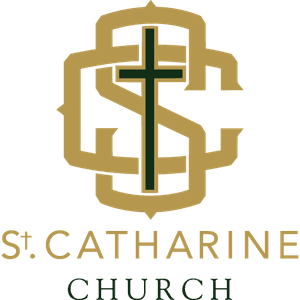"I am the resurrection and the life."
These words of the Lord Jesus give us comfort and hope in time of sorrow. In Jesus, we have found one who has conquered death itself.
The funeral liturgy of the church is the privileged place of encounter with the Lord. The Mass is offered on behalf of our loved one and we are filled with strength and hope for we know that the Lord’s love is total.
Funeral Planning Guide
Through the Funeral Planning Guide below you will find help to plan the funeral liturgy of your loved one. Some families find it helpful to pick out the readings and songs that will be used for the liturgy, others may choose to just have the priest or minister choose those readings.
Families are invited to fill out as much or as little as they choose.
Once you have completed the packet please call the office at 614-231-4509 or email info@stcatharine.com to schedule a meeting with a priest or deacon. He will meet with you to finalize your selections.
Please do not hesitate to call us for any questions or concerns during this time.
Together as the church, the body of Christ, we shall gather to worship the Lord in our time of sorrow and express our Hope in the promise of the Lord.
Frequently Asked Questions?
May a non-Catholic or a non-Christian serve as a scripture reader or present the General Intercessions at a Funeral Mass?
The “Directory for the Application of Principles and Norms on Ecumenism,” issued by the Pontifical Commission for Promoting Christian Unity on June 8, 1993 answers this question. Paragraph 133 of the Directory states “during a Eucharistic celebration in the Catholic Church” the readings are to be proclaimed by a Catholic. The Directory goes on, however, to allow that “on exceptional occasions and for a just cause, the Bishop of the diocese may permit a member of another church or ecclesial community to take on the task of reader.”
May I provide a Eulogy during the Mass?
Eulogies and Personal Remembrances are more appropriate during the Evening Vigil, burial, or at the reception following the funeral. Experience shows that sharing personal remarks at the Funeral Mass can be inopportune for a number of reasons. It can create hard feelings if hurtful things of the past are raised or create discomfort in ill-advised attempts at humor. There are also concerns in view of past experiences that eulogies can overshadow in length and attention the Funeral Mass itself, especially if those offering words turn the Church’s rites into a celebration of life that focuses only on the accomplishments of the deceased’s past, with scant attention to our faith in the resurrection.
For these reasons, any eulogy at St. Catharine Church must be done at the funeral home, cemetery, or at the reception. Please take comfort that the priest celebrant will do his best to include personal details of the deceased in his homily. Thank you for your understanding.
How do I create a funeral program?
St. Catharine will provide a program at no cost to you. This program will include the reading and music selections. You may provide a picture of your loved one and the names of readers, pall bearers, and gift bearers to be included if you wish, but none are required.
If you wish to create your own program for the Mass, the following must be included: “Thank you to all friends and family for celebrating life with us through the Mass. As we begin the Liturgy of the Eucharist, please be aware that reception of Communion indicates total unity with the Catholic Church and all her teachings. Out of respect for this tradition, we ask that only those who are in communion with the Catholic Church receive Communion. All are welcome to receive a blessing from the priest by coming forward with their arms crossed.”
What about cremation?
Although cremation in the United States of America was in the past closely associated with opinions that rejected our faith in the resurrection of the body, the Church no longer prohibits it, so long as it is not used as a sign of disrespect for the dead or a denial of the bodily resurrection.
If cremation is chosen, it should ordinarily take place following the funeral mass, and the cremated remains are then entombed or buried in the same dignified way that the body would be. Respect for the body requires that the cremated remains be treated with the same respect after cremation that the body deserves.
The Church also permits the celebration of the funeral Mass in the presence of the cremated remains and that is possible here in the Diocese of Columbus. Here again, the cremated remains must always be honored with the same reverence and respect that is their due as the residual elements of the human body that itself was sanctified and recognized through the sacraments.
Questions?
Please call the office at 614-231-4509


